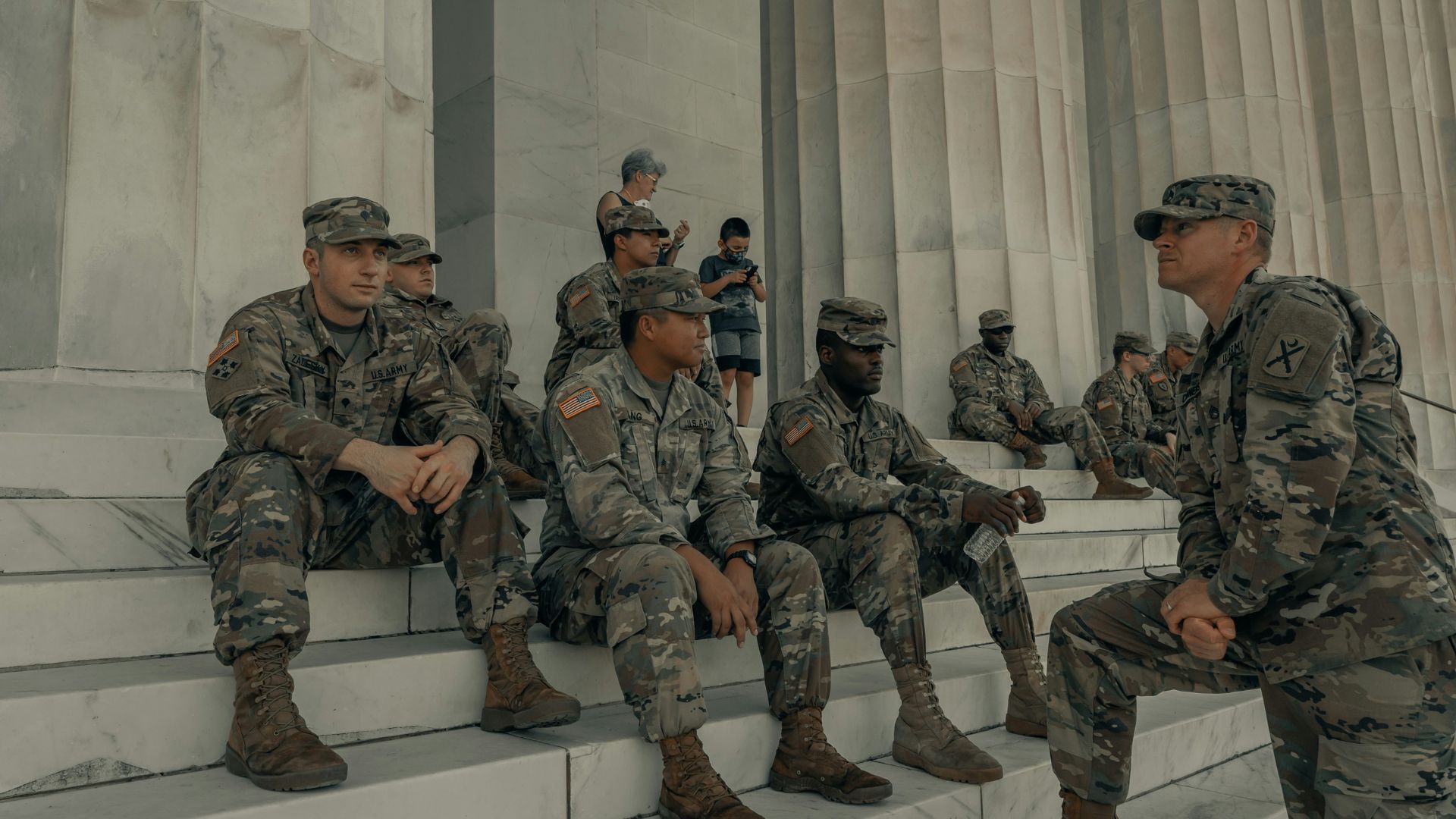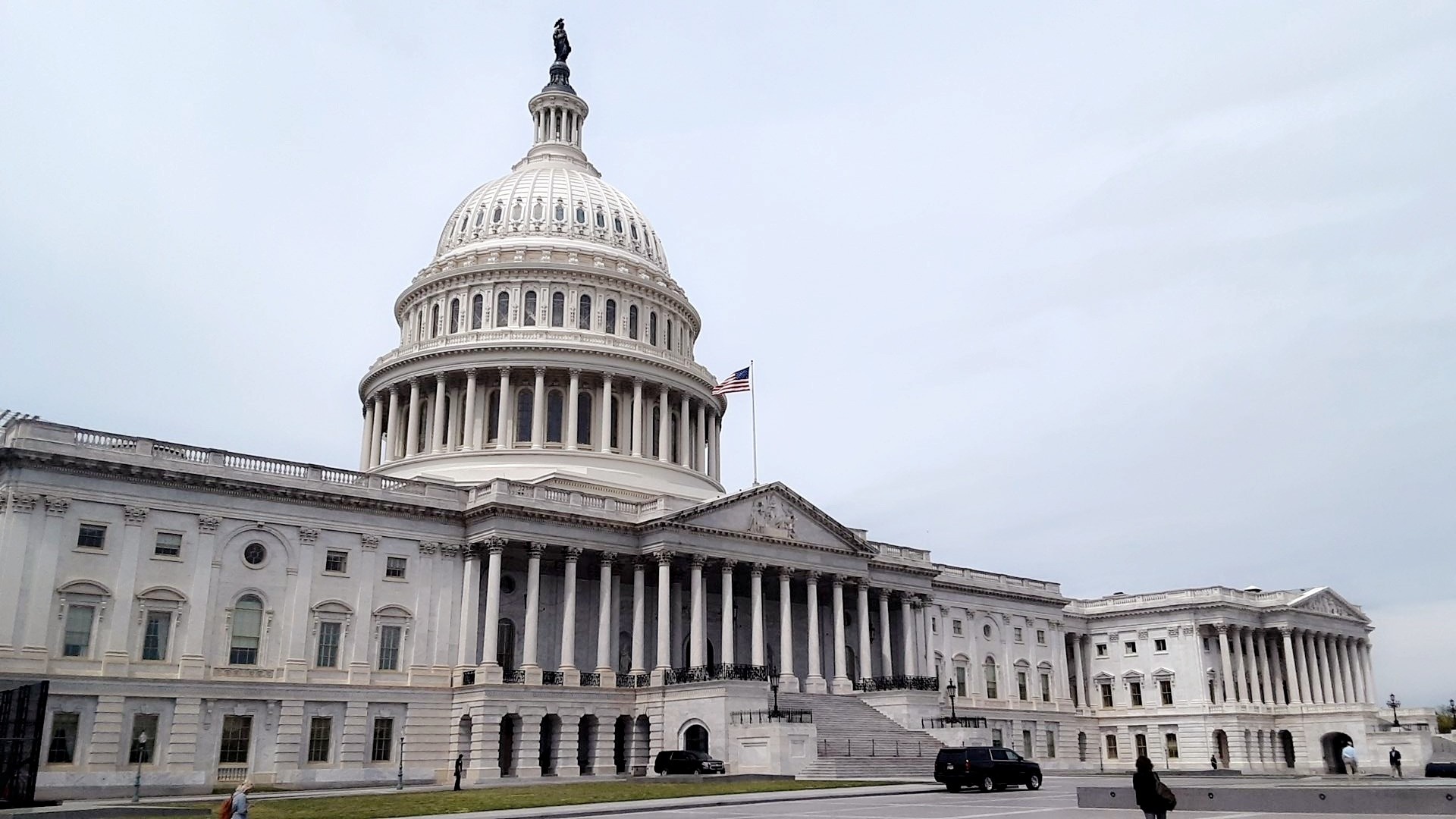Pentagon Chief Warns of ‘Devastating’ Consequences on Military If Congress Passes Stopgap Bill
A stopgap bill, also known as a continuing resolution (CR), is a temporary measure passed by Congress to keep the government funded while long-term budgets are negotiated. While helpful in preventing immediate government shutdowns, it’s a short-term fix that can cause issues when used over extended periods.
The Pentagon, under Defense Secretary Lloyd Austin, is pushing back on a potential six-month CR.
Why Does This Matter Now?
With a September 30 deadline looming, Congress is scrambling to pass a CR to prevent a government shutdown. The temporary bill would fund the government at 2024 levels through March 2025.

Source: Freepik
However, Austin warns that extending the CR for that long would have “devastating consequences” on military readiness and national security. His warnings came in letters to top lawmakers, sent on September 7.
A History of Stopgap Bills and Their Impact on the Military
Since 2011, the U.S. military has operated under 48 continuing resolutions, amounting to nearly five years of delayed funding.

Source: Getty Images
Secretary Austin emphasized that the military can’t “buy back this time” and urged Congress to break this pattern of inaction.
The $42 Billion Threat
If Congress fails to pass appropriations bills by Jan. 1, the Pentagon could lose up to $42 billion from its 2025 budget request due to a reduction process triggered by the Fiscal Responsibility Act of 2023.

Source: Wikimedia
This act imposes strict limits on national security spending, meaning the military would be forced to operate with a budget smaller than the one it had in 2023.
Stalling Vital Defense Projects
One of Austin’s major concerns is the delay of crucial defense programs under a CR. Over $4.3 billion in research and development projects would be paused, impacting everything from nuclear modernization to advanced drone building.

Source: Freepik
In his letters, Austin stressed that these delays would “tie our hands behind our back” while the U.S. faces growing threats from China and other adversaries.
Military Housing and Construction Delays
The stopgap bill would also put a halt to 135 military housing and construction projects worth nearly $10 billion. These projects are essential for improving the living conditions of service members and their families.

Source: @PeteMuller/Getty Images Signature
With many military bases aging and in dire need of renovation, any delay in construction could add more stress to an already overburdened force.
Recruitment Crisis Worsens
The military is grappling with record-low recruitment numbers. According to Austin, a long-term CR would make the situation worse by preventing vital recruitment efforts from moving forward.

Source: Cytonn Photography/Pexels
The Defense Department would be forced to cut enlistment bonuses and delay much-needed training programs, making it even harder to attract new talent to the armed forces.
Immediate Readiness Takes a Hit
In addition to long-term effects, a CR would also have an immediate impact on military readiness. Training for active-duty troops, the National Guard, and Reserve forces would be delayed, which could limit their ability to respond to emergent global conflicts.

Source: @PeteMuller/Getty Images Signature
Flying hours and other essential training activities would be significantly cut, leaving the U.S. less prepared to handle crises.
National Security at Risk
Austin has made it clear that the proposed CR would compromise national security. He argued that the U.S. military cannot effectively compete with China while working under outdated 2024 funding levels.

Source: Clay Banks/Unsplash
Ongoing conflicts in Europe and the Middle East further stress the need for fully funded defense programs, yet a CR would severely limit the military’s ability to respond to these challenges.
Bipartisan Concerns Over Long-Term CR
The White House, along with several key lawmakers, has echoed Austin’s concerns. Rep. Rosa DeLauro (D-Conn.) and Senate Majority Leader Chuck Schumer (D-N.Y.) have both expressed the need to avoid a six-month CR, arguing for a shorter stopgap measure that would end in December.

Source: JessicaRodriguezRivas?Wikimedia Commons
This would give Congress time to negotiate a full budget while avoiding the effects of a prolonged CR.
Political Showdown in Congress
Republican House Speaker Mike Johnson’s proposal ties the CR to stricter proof-of-citizenship requirements for voters, a move that has sparked a political showdown with Senate Democrats.

Source: Wikimedia
While Johnson hopes this will win support from his conservative colleagues, the bill’s likelihood of passing in the Democratic-controlled Senate remains slim.
The Way Forward
As the Pentagon faces a potential $42 billion loss and key defense programs are put on hold, Secretary Austin’s warning is clear: the U.S. military cannot afford to operate under a long-term CR.

Source: iStock
While Congress has a history of using temporary funding measures, lawmakers will need to find a way to pass appropriations bills by early next year to avoid the potential consequences outlined by the Pentagon.
